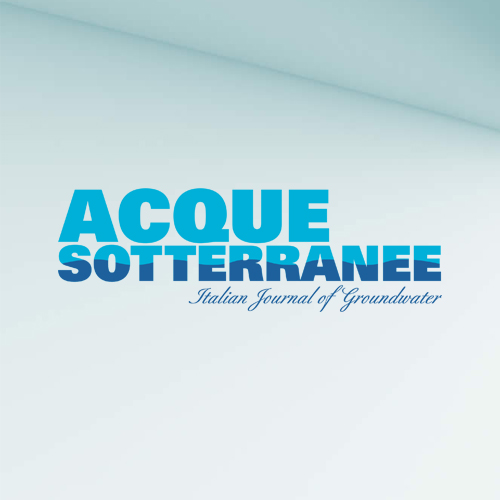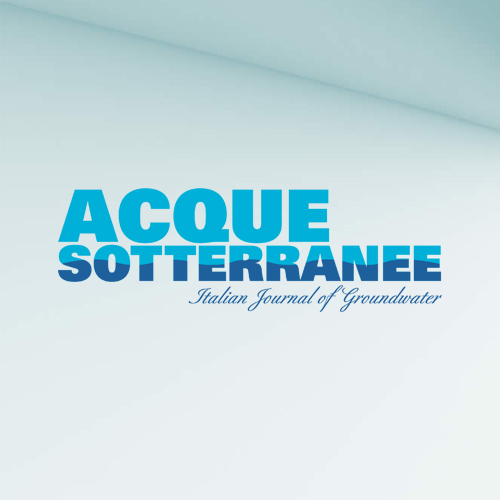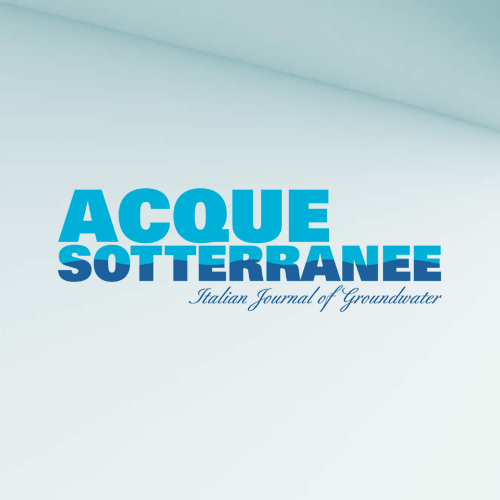Integrated Water Resources Management in the Maltese Islands

Submitted: 20 September 2020
Accepted: 30 September 2020
Published: 30 September 2020
Accepted: 30 September 2020
Abstract Views: 1369
PDF: 1110
Publisher's note
All claims expressed in this article are solely those of the authors and do not necessarily represent those of their affiliated organizations, or those of the publisher, the editors and the reviewers. Any product that may be evaluated in this article or claim that may be made by its manufacturer is not guaranteed or endorsed by the publisher.
All claims expressed in this article are solely those of the authors and do not necessarily represent those of their affiliated organizations, or those of the publisher, the editors and the reviewers. Any product that may be evaluated in this article or claim that may be made by its manufacturer is not guaranteed or endorsed by the publisher.
Similar Articles
- Tullia Bonomi, Davide Sartirana, Luca Toscani, Gennaro A. Stefania, Chiara Zanotti, Marco Rotiroti, Agnese Redaelli, Letizia Fumagalli, Modeling groundwater/surface-water interactions and their effects on hydraulic barriers, the case of the industrial area of Mantua (Italy) , Acque Sotterranee - Italian Journal of Groundwater: Vol. 11 No. 2 (2022)
- National Council of Geologists, On droughts , Acque Sotterranee - Italian Journal of Groundwater: Vol. 6 No. 2 (2017)
- Enzo Cuiuli, Remarks on the hydrogeological setting of S. Eufemia Lamezia plain through the development of the top surface of the intermediate confined aquifer (central Calabria) , Acque Sotterranee - Italian Journal of Groundwater: Vol. 4 No. 3 (2015)
- Luca Vettorello, Andrea Sottani, Using water level and temperature time series to improve hydrogeological parameterization in a complex alluvial system , Acque Sotterranee - Italian Journal of Groundwater: Vol. 8 No. 4 (2019)
- Stefania Stevenazzi, Marco Masetti, Giovanni Pietro Beretta, Groundwater vulnerability assessment: from overlay methods to statistical methods in the Lombardy Plain area , Acque Sotterranee - Italian Journal of Groundwater: Vol. 6 No. 2 (2017)
- Tullia Bonomi, Letizia Fumagalli, Marco Rotiroti, Alberto Bellani, Angelo Cavallin, The hydrogeological well database TANGRAM©: a tool for data processing to support groundwater assessment , Acque Sotterranee - Italian Journal of Groundwater: Vol. 3 No. 2 (2014)
- Francesco Maria De Filippi, Giuseppe Sappa, Magnesium and groundwater flow relationship in karst aquifers: a tool for exploitation management of springs , Acque Sotterranee - Italian Journal of Groundwater: Vol. 12 No. 4 (2023)
- Saad Younes Ghoubachi, Contribution to the hydrogeology of Six Hills sandstone aquifer in East El-Oweinat area, south Western desert, Egypt , Acque Sotterranee - Italian Journal of Groundwater: Vol. 8 No. 3 (2019)
- Massimo V. Civita, Katia Rostagno, Dynamic resources of the Sanità spring at Caposele (South Italy) , Acque Sotterranee - Italian Journal of Groundwater: Vol. 3 No. 1 (2014)
- Diego Marsetti, Renato Marsetti, Biochemical corrosion and conservation of the internal surface of ferrous pipes for water wells and pipelines , Acque Sotterranee - Italian Journal of Groundwater: Vol. 9 No. 4 (2020)
<< < 8 9 10 11 12 13 14 15 16 17 > >>
You may also start an advanced similarity search for this article.


 https://doi.org/10.7343/as-2020-477
https://doi.org/10.7343/as-2020-477










